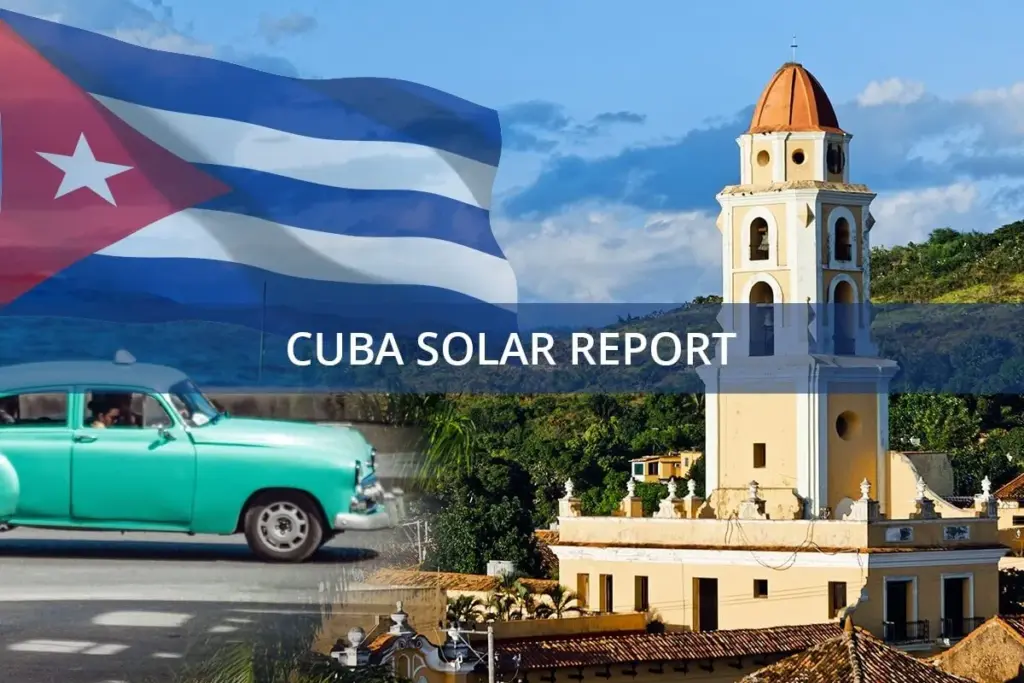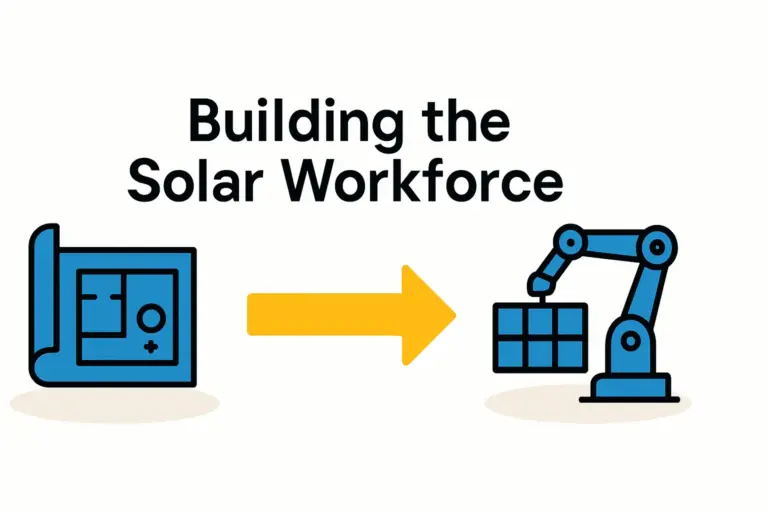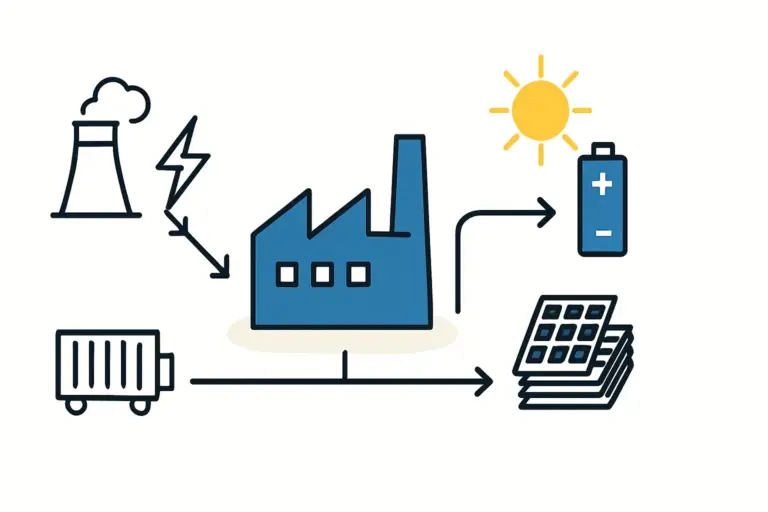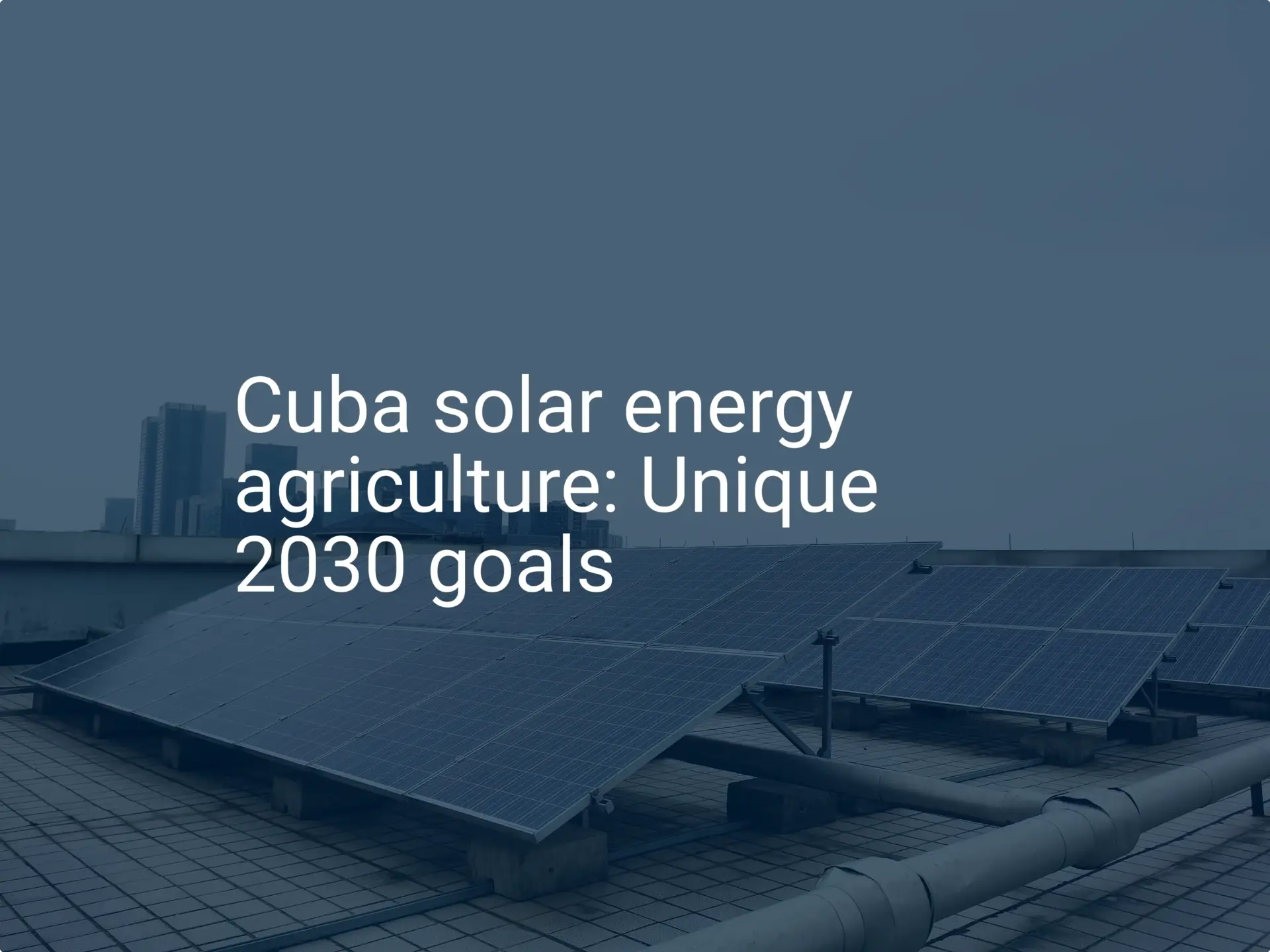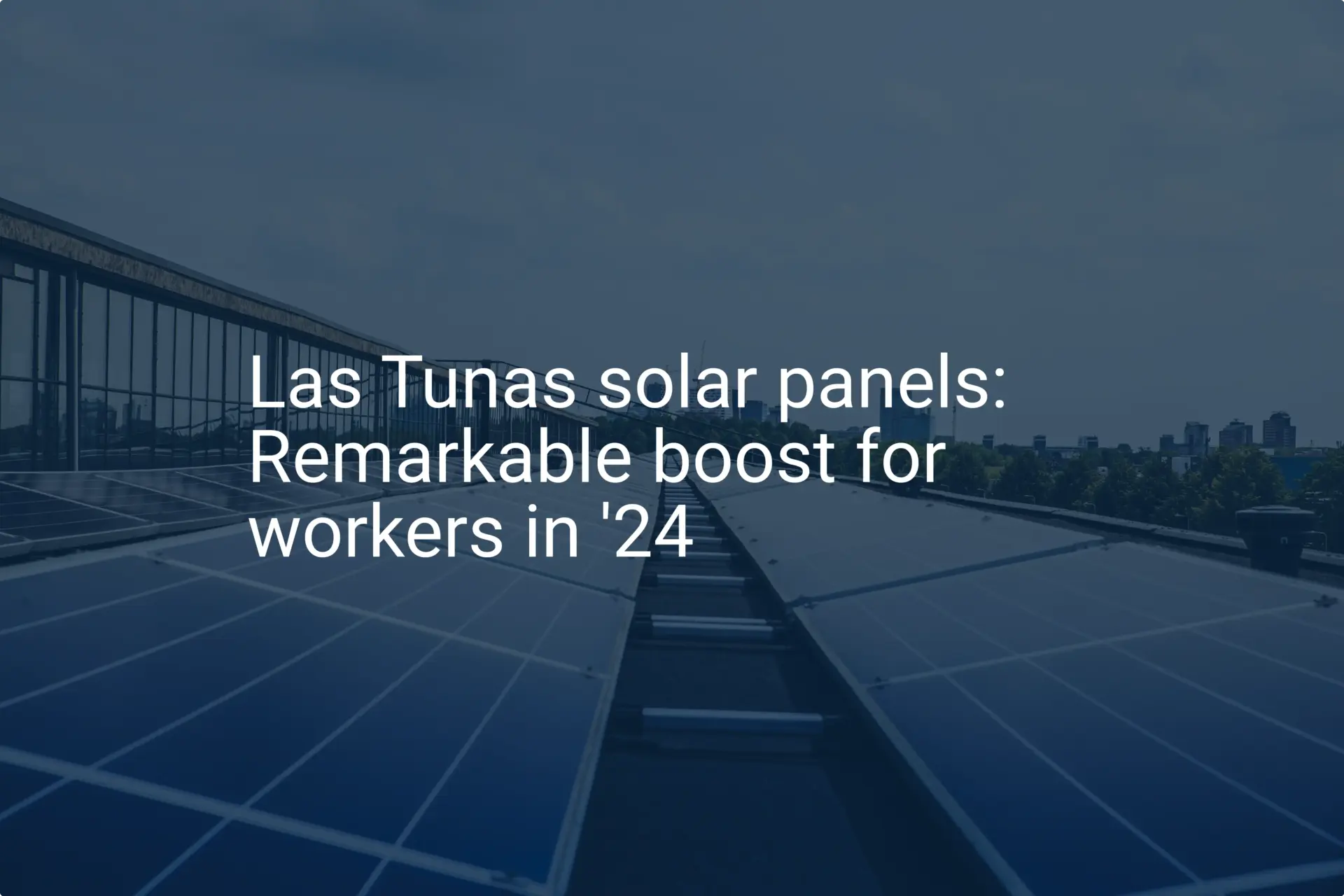For an entrepreneur entering the solar manufacturing industry, the choice of location is a pivotal decision. Beyond access to labor and materials, the regulatory and financial environment can define a project’s profitability and long-term success. While established manufacturing hubs are well-known, strategic opportunities often exist in less obvious locations. One such opportunity is the Mariel Special Development Zone (ZEDM) in Cuba, which presents a compelling case for a solar module assembly plant aimed at serving the Caribbean and Latin American markets.
This analysis breaks down the incentives and infrastructure available at ZEDM, outlining how they address the key challenges of setting up a new manufacturing facility.
Understanding Special Development Zones: A Strategic Overview
Before examining Mariel specifically, it’s helpful to first understand the concept of a Special Development Zone (SDZ), often referred to as a Free Trade Zone (FTZ). An SDZ is a geographically defined area within a country where business and trade laws differ from the rest of the nation.
The primary purpose of these zones is to attract foreign direct investment, promote technology transfer, generate employment, and boost exports. For investors, these zones are controlled environments with streamlined processes and significant financial incentives, reducing many of the typical barriers to entry associated with a new market.
The Mariel Special Development Zone (ZEDM): A Gateway to the Caribbean
Established in 2013, the Mariel Special Development Zone is Cuba’s flagship project for attracting foreign capital and creating a world-class logistics and industrial hub. Located just 45 kilometers west of Havana, it is built around one of the most modern deep-water container terminals in the Caribbean. Its strategic position offers direct access to major global shipping lanes, making it an ideal base for import-export operations.

The zone is specifically designed to support high-technology manufacturing, biotechnology, and renewable energy projects, making solar module assembly a natural fit for its strategic objectives.
Key Financial and Tax Incentives for Solar Manufacturing in ZEDM
The legal framework governing ZEDM, primarily Law No. 313 and Decree No. 316, provides a powerful set of incentives that directly bolsters the financial viability of a solar manufacturing plant.
Corporate Tax Exemptions
For approved investors, ZEDM offers a complete exemption from corporate profit tax for ten years. After this initial decade, a reduced rate of just 8% is applied. Furthermore, businesses are exempt from labor taxes. This long-term tax relief significantly improves the return on investment and allows a new enterprise to reinvest profits into growth during its critical early years.
Customs and Import Duty Advantages
One of the most significant operational costs for a new factory is procuring machinery and raw materials. ZEDM eliminates this financial burden by granting a full exemption from customs duties on all necessary equipment, machinery, and raw materials for the production process. This provision directly reduces the initial CAPEX for a solar panel factory and lowers ongoing production costs, making the final product more price-competitive in regional markets.
Repatriation of Profits
A crucial consideration for any foreign investor is the ability to transfer returns back to their home country. The ZEDM framework guarantees that investors can freely transfer profits and dividends abroad in convertible currency, without being subject to additional taxes or levies on the transfer. This policy provides financial security and predictability for international stakeholders.
Operational and Logistical Benefits for a Solar Module Assembly Plant
The financial incentives are complemented by a robust operational environment designed to facilitate international trade.
Streamlined Supply Chain Management
A solar module assembly plant relies on a consistent and cost-effective supply of components. The ability to import raw materials for solar panels—such as solar cells, tempered glass, EVA film, and backsheets—without customs duties significantly simplifies procurement logistics. The single-window system at ZEDM further streamlines administrative procedures, ensuring faster clearance times and reducing costly delays.
Access to Regional Markets
The state-of-the-art Port of Mariel is the zone’s logistical centerpiece. Its capacity to handle large container vessels makes it an efficient hub for exporting finished solar modules to neighboring countries in the Caribbean basin, as well as to Central and South America. For an investor, this means the factory is not limited to the domestic Cuban market but can serve as a strategic export base for an entire region.

The Regulatory Framework: What Investors Need to Know
Navigating a new country’s bureaucracy can be a daunting task. The ZEDM is managed by a dedicated Office that acts as a single point of contact for investors. This “one-stop shop” approach simplifies the application, approval, and setup process for new businesses. The Office handles all permits and licenses, providing clear guidance and a predictable timeline for project implementation. The legal framework also allows for 100% foreign-owned enterprises, giving investors full control over their operations.
Experience from J.v.G. turnkey projects shows that such a centralized administrative system is a significant advantage, particularly in emerging markets where regulatory environments can otherwise be complex. In 2017, J.v.G. Technology GmbH conducted a detailed feasibility study for establishing a 50 MW solar module assembly line in ZEDM. The analysis concluded that the combination of tax incentives, customs exemptions, and logistical infrastructure creates a strong business case for investors targeting the Caribbean and Latin American markets.

Frequently Asked Questions (FAQ) about Operating in ZEDM
What is the typical process for getting approval to operate in ZEDM?
The process begins with the submission of a formal application and business plan to the ZEDM Office. The Office evaluates the project’s feasibility and alignment with the Zone’s development goals. The single-window system ensures that all necessary permits and approvals are managed through this central authority.
Are there restrictions on the type of business?
ZEDM prioritizes projects that involve technological innovation, add value to domestic resources, generate exports, and are environmentally sustainable. Solar module manufacturing is an excellent match for these priorities.
How is labor handled in the Zone?
Investors in ZEDM do not hire employees directly. Instead, they contract labor services through a designated Cuban employing entity, which handles payroll, social security, and other administrative aspects in accordance with the Zone’s regulations.
Can a foreign investor own 100% of the company in ZEDM?
Yes, the legal framework explicitly allows for several forms of investment, including 100% foreign-owned companies, joint ventures with Cuban entities, and international economic association contracts.
Conclusion and Next Steps
The Mariel Special Development Zone in Cuba offers a unique and highly structured environment for a solar module manufacturing facility. The combination of comprehensive tax exemptions, duty-free imports, modern port infrastructure, and a streamlined regulatory process addresses many of the primary financial and operational challenges that new investors face.
For entrepreneurs looking to serve the growing demand for renewable energy in the Caribbean and Latin America, ZEDM presents a strategic location worthy of serious consideration. Understanding the impact of location-specific incentives is a critical first step. A detailed business plan and feasibility study are essential to fully quantify the advantages offered by a zone like Mariel and to create a roadmap for a successful project.

